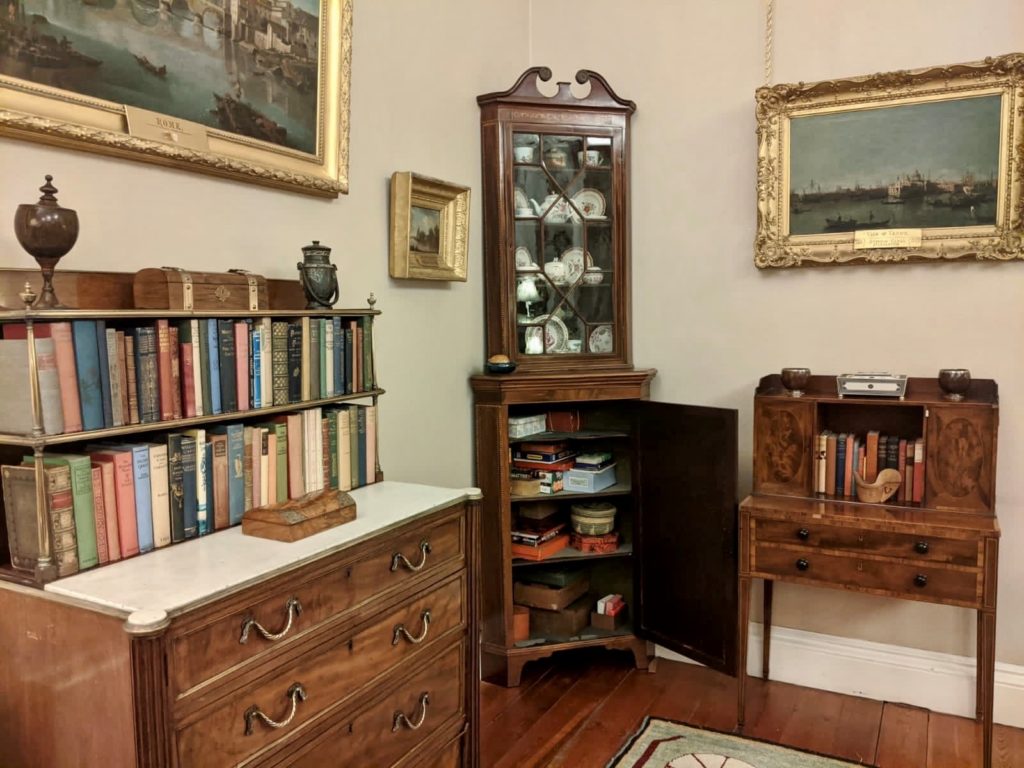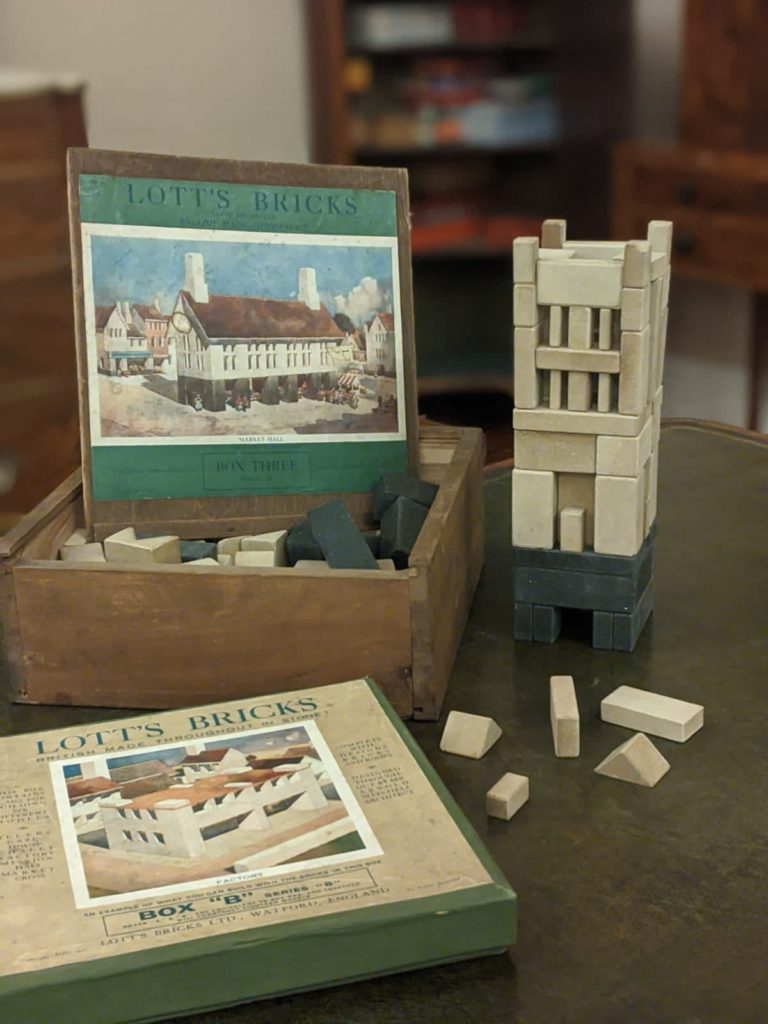
Lockdown cupboard clearing reveals secrets in historic family home
Lady Dorothy Ogilvy unearths the past as she clears out the cupboards at Winton Castle in East Lothian.
WHAT did you do in Lockdown? I did what most people without any medical training did: stayed at home, oversaw home-schooling, shopped for my endlessly hungry teenagers and shielding parents, did the day-job via Zoom, cleaned the house, and cleared out cupboards. Except that cleaning a “castle” with more than 75 rooms, and housekeeping help furloughed, made this last task an interesting challenge. The cleaning was a challenge but the cupboard clearing was very interesting…
Some cupboards groaned under out-of-date systems. Theirs were the most satisfying needs to meet, re-organising and updating systems fit-for-purpose. Others cleared their throats apologetically, belying the late-night fatigue of post-event clearing up, and revealing a magnified version of Michael McIntyre’s “man drawer”.
Some hid themselves ashamedly behind ancient and established curtains of gossamer whose weavers scuttled at the sound of the hoover. But some whispered stories about life in bygone times, family parties and occasions to mark life events. These were the cupboards to linger in, and listen to…

My father-in-law’s family were a creative lot. David Ogilvy was the eldest of five and came to live at Winton in 1920 when he was just six years old. The games cupboard eggs me on and I imagine him and his brother, John, playing with their three younger sisters at matching Mr Dose the Doctor and Miss Bung the Brewer’s daughter with their “Happy Families”. Or building with Lott’s Bricks, a precursor of Lego. Or playing Blots. Blots is a wonderful game that we have used ourselves on several occasions. Nowadays it takes some preparation, but in the days of ink writing implements and blotting paper, blotting paper scraps with excess ink spilt in weird and wonderful shapes would have been easy to come by. The players choose their “blot” and, using a pencil, convert it to a picture complete with witty caption.

And then there is the dressing-up cupboard. Of course, this now includes polyester Harry Potter cloaks and brightly-coloured Marvel costumes, but dig deeper and you find a silk Victorian child’s dress, complete with starched petticoat. An “East Lothian Ugly” is the name given to the beehive-shaped bonnet, and so many stiff papier-mache police hats tumble out, that I start wondering what kind of Dickensian play was being acted out by the children of the 1920s.
So much for informal family occasions. A rather more serious weekly event would have been the chapel service, held in a basement room. Another cupboard boasting relics of these contemplative occasions tells stories of incense, communions, Christenings and weddings. Preferring to attend a local church ourselves, we rather irreverently converted the chapel room into a gents’ loo, calling it the “Cistern Chapel”. I digress.
Pre-1920, Winton was owned by Constance Hamilton-Nisbet who married Henry Ogilvy, David’s great-uncle. Constance herself was an important figure in East Lothian, owning the Biel, Archerfield and Innerwick estates in addition to Winton, and would spend time in each great house. However, it was at Winton that she spent her latter years, and her funeral was held in the Octagon Hall. A more solemn occasion.
Three years ago, we investigated a cupboard in this same Octagon Hall and discovered that it was a relatively recent affair. When the house was first built in 1480, it was certainly not needed to store function chairs and ladders. Indeed, when removed and stripped out, it revealed the most extraordinary stone carving of the Seton family coat of arms. I can only imagine the celebrations that happened when it was first set over the entrance door, probably at the 1620 rebuilding of Winton after damage inflicted both in the Rough Wooing of 1544 and the vacant years thereafter.
Who saw these carvings and entered these doors? What was the party like on the occasion of Charles I’s Scottish coronation in 1633, for which the library ceiling plaster moulds were created? And before the Rough Wooing, might Mary Seton, lady-in-waiting for Mary Queen of Scots, have visited her half-brother George 7th Lord Seton at Winton? Do the kitchen recess cupboards in our current cellar remember the family get-togethers of the 1500s?
A hospitality venue but still very much a family home
Cleaned out and hopefully given a new lease of life, our cupboards hide the necessary, but boring workings behind public and private events.
Recently, we have welcomed Emma and Bruce and 14 guests to celebrate their marriage, also a small funeral party to say goodbye to a loved relative, both intimate celebrations of important life events and no less important because of their intimacy. In these current times, we need to hold on to the life-markers that highlight the importance of our relationships and possibly appreciate them all the more.
The neo-gothic grandeur of Winton belies the intimacy created by a castle that has been, and still is, a family home. Set within extensive grounds to roam, come and experience for yourself the special nature of a micro-wedding or other small celebration, shared with close family, or an activity with colleagues outdoors and at a suitable distance.
This year, we are offering activity gift vouchers which make great Christmas presents, from archery to bushcraft, to clay pigeon shooting or Winton Highland Games, all socially-distanced, of course.
TAGS

